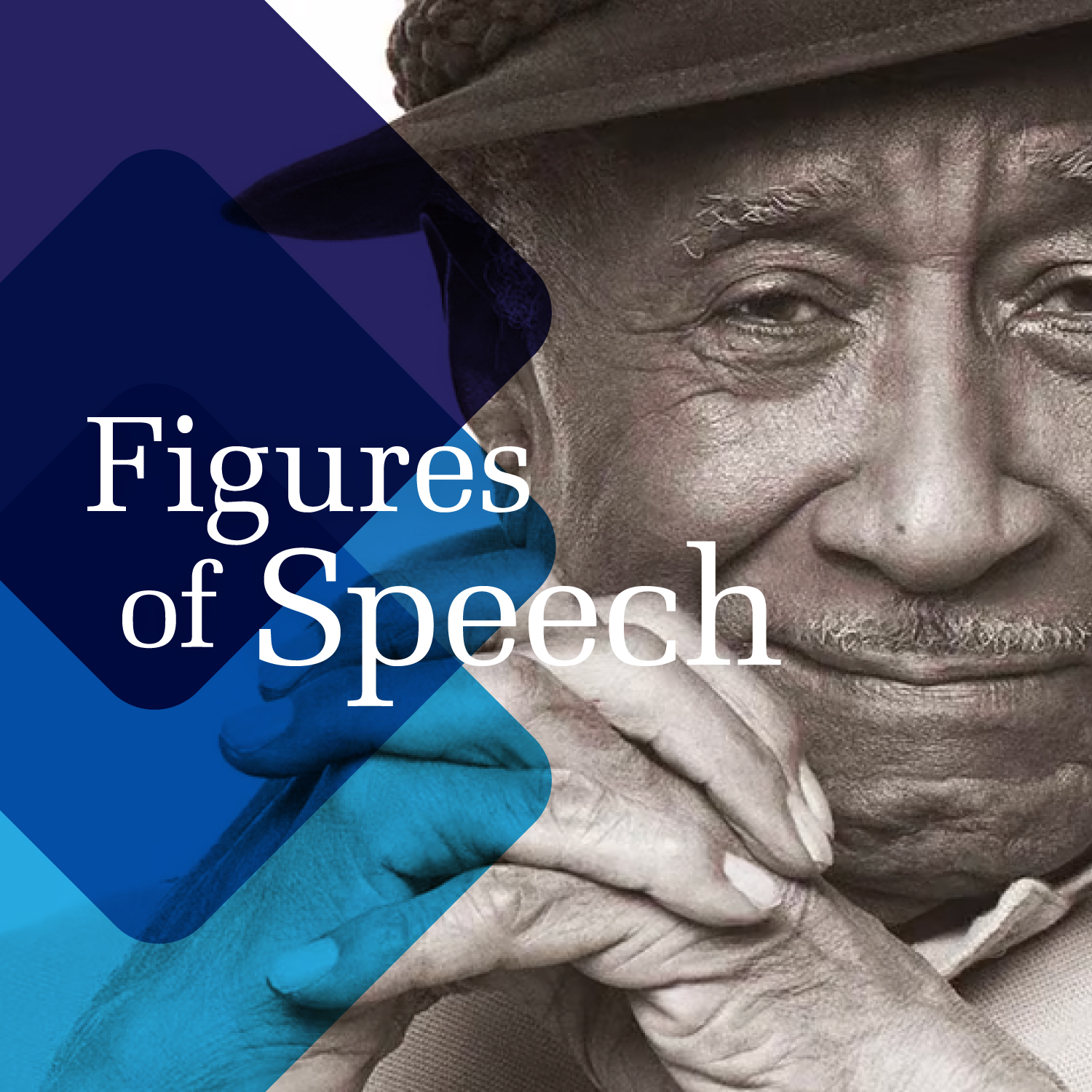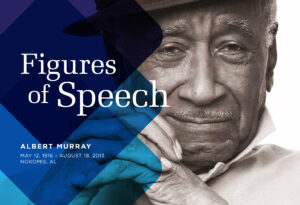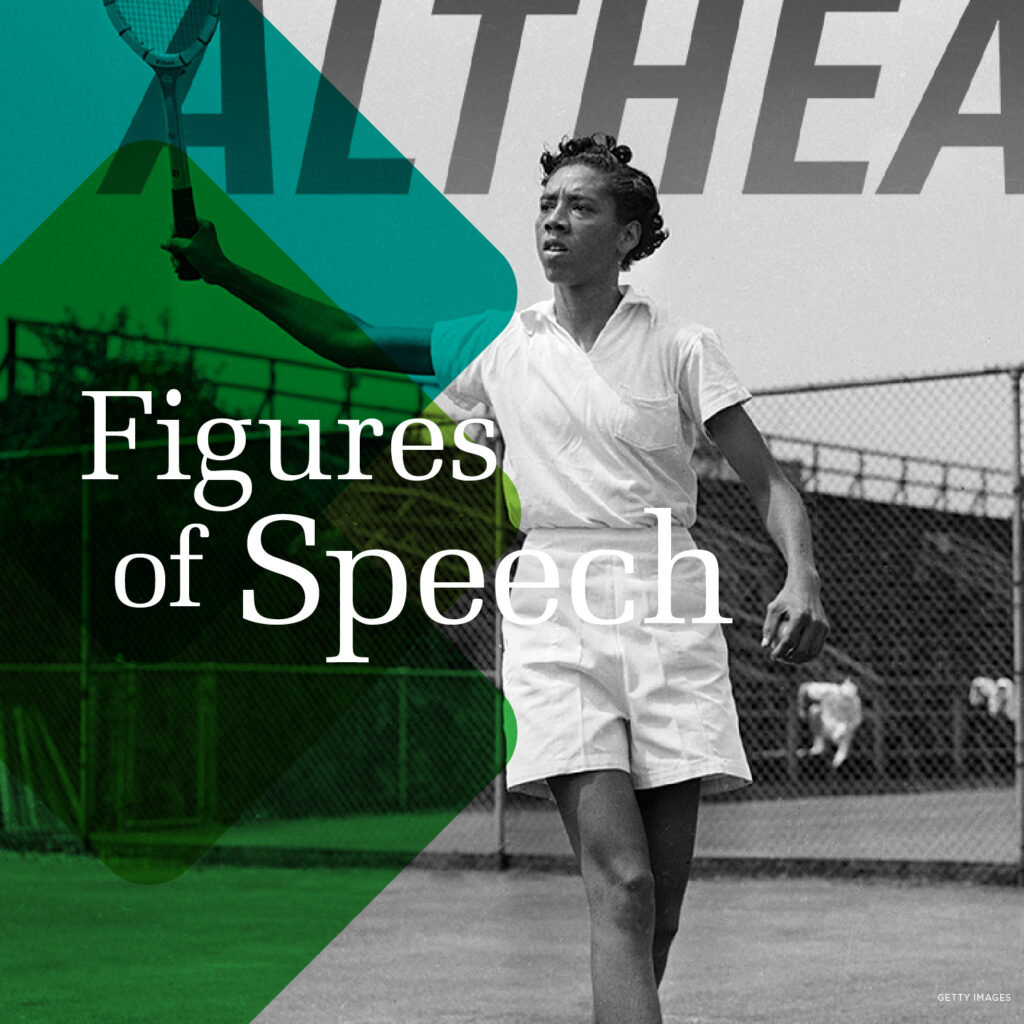Figures of Speech: Albert Murray


Albert Murray was one of the last surviving links to a period of flowering creativity and spreading ferment among the Black intelligentsia in postwar America. He made his mark during a time when the growing force of the civil rights movement gave rise to new bodies of thought about Black identity, political power and the prospects for progressive equality in a culture blighted by a history of racism.
Born in Alabama, Albert Murray attended Tuskegee Institute, where he befriended Ralph Ellison, author of the legendary novel, Invisible Man. Murray was an essayist, civicist, and novelist who charged national discussions about race by challenging Black separatism through his pugnacious essays, exclaiming that the Black experience was essential to America’s culture and inextricably tied to it.
When Black Americans fought in the streets for civil rights, Black integrationists and Black nationalists battled in the schools, books, and essays. Mr. Murray was in the middle of it all, along with writers, artists, and friends including James Baldwin, Richard Wright, and Romare Bearden.
He insisted that integration was necessary and the only path forward for the country. For those — both Blacks and Whites — who would have preferred to isolate “Black culture” from the American mainstream, he answered that such a world cannot exist. Murray also held that powerful currents of the Black experience — vehemently expressed throughout language and music rooted in the effects of slavery — run through American culture, as blood runs through veins.
His writing style was largely influenced by his love of jazz and the blues — Duke Ellington called Murray “the un-squarest man I know” — challenging conventional assumptions about art, race, and American identity in his published works. In his seminal essay collection, Stomping the Blues, Murray argued that blues were the expression of tension between woe and joy, and his memoir South to a Very Old Place placed him formidably as a social and literary figure.
The Omni-Americans: New Perspectives on Black Experience and American Culture, published in 1970, constituted an attack on Black separatism while also challenging what Murray deemed “social science fiction” coming from writers like James Baldwin, Richard Wright, and Daniel Patrick Moynihan. He felt this point of view exaggerated racial and ethnic differences in suggesting a pathology for Black life. As Murray put it, they had counteracted “the folklore of White supremacy” with “the fakelore of Black pathology.” For the novelist Walker Percy, “The Omni-Americans” “may be the most important book on Black-White relations in the United States, indeed on American culture,” published in his generation.
It took some time before Murray attained abundant recognition. But by the mid-1990s, the critic Warren J. Carson called him “African America’s undiscovered national treasure.” Later in the decade, in 1997, the National Book Critics Circle gave Murray an award for lifetime achievement, and in 1998 he received the inaugural Harper Lee Award as Alabama’s most distinguished writer.








